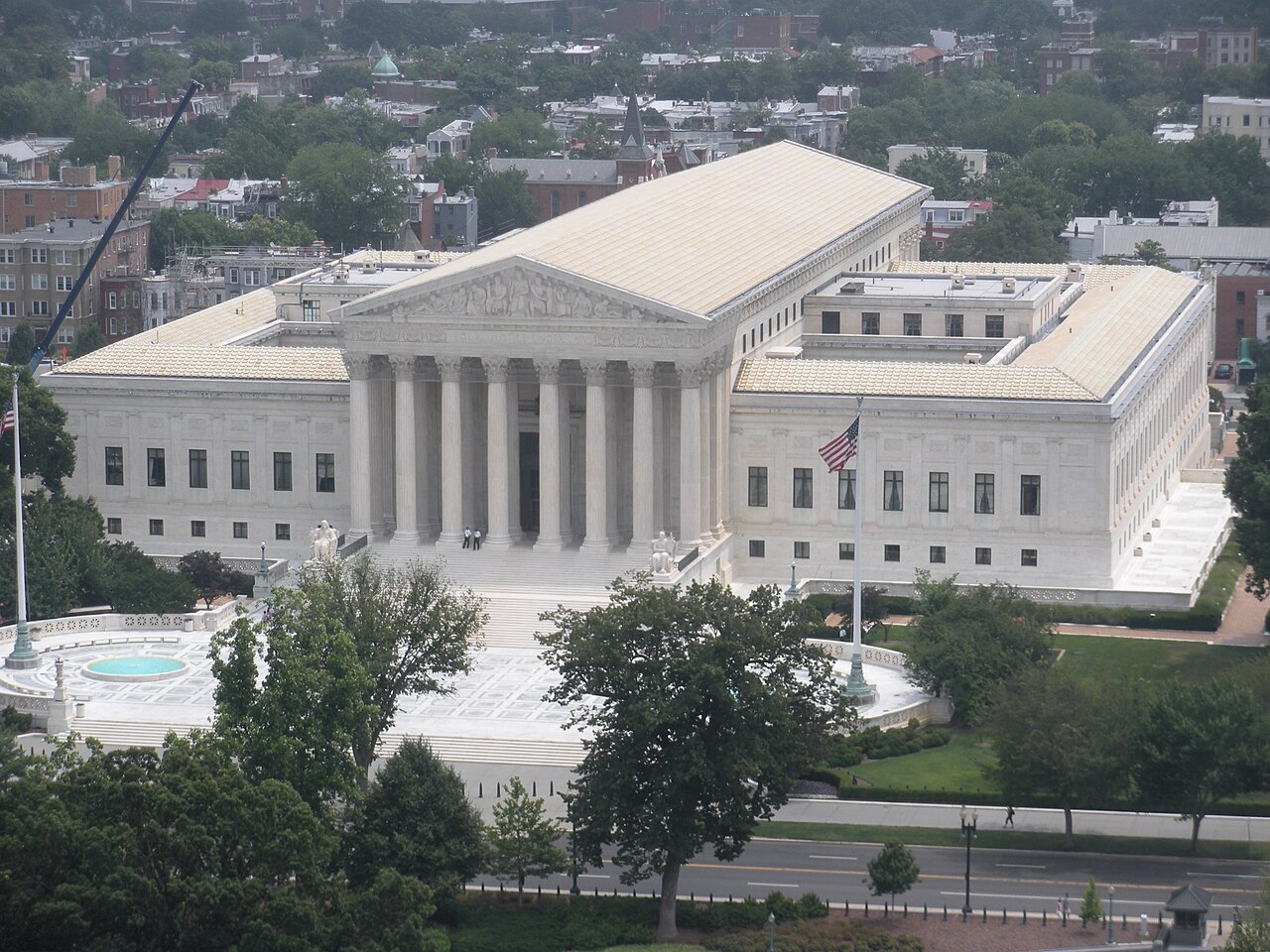Louisiana asks Supreme Court to strike down race-based redistricting
The article reports that Louisiana Attorney General Liz Murrill has petitioned the U.S. Supreme Court to invalidate a racial redistricting law that compelled the state legislature to create a second Black-majority congressional district. the Supreme Court previously postponed ruling on the issue, ordering rearguments scheduled for October. The key question is whether creating such race-based districts violates the Fourteenth or Fifteenth Amendments.
Murrill’s brief argues that the racial mandate under Section 2 of the Voting Rights Act is unconstitutional and criticizes the 1986 Thornburg v. Gingles precedent that guides Section 2 challenges, calling it unworkable. She contends that race-based redistricting should be struck down and that states require clearer legal standards to avoid costly and prolonged disputes after redistricting cycles.
The Supreme Court’s upcoming decision in Louisiana v. Callais could have meaningful implications for redistricting nationwide, potentially affecting other states’ maps designed to comply wiht the Voting Rights Act.
Louisiana asks Supreme Court to strike down race-based redistricting
Louisiana Attorney General Liz Murrill has asked the Supreme Court to strike down a racial redistricting law that forced the state legislature to create a second black-majority congressional district.
The Supreme Court punted last term on deciding the legality of Louisiana’s creation of a second black-majority district in compliance with Section 2 of the Voting Rights Act, ordering in June that the justices should hear rearguments in October. The rearguments will be on the question of whether Louisiana’s creation of a second black-majority district violates the Fourteenth or Fifteenth Amendments.
Murrill, in a brief filed to the high court on Wednesday, said the state would not defend the congressional map against that standard, arguing it made the map due to a previous court order mandating the creation of such a district and calling for race-based redistricting to be struck down as unconstitutional.
“Over and over again, the federal courts have refused to hear us. That is why S.B. 8 is on the books — Louisiana’s response to unprecedented pressure by the courts to draw a second majority-minority district or else the courts would. And that is why our original briefing in this case defends S.B. 8 under the Court’s existing precedents,” the brief said.
“The Court’s order for rebriefing and reargument, however, asks a threshold question about those precedents: whether, consistent with Louisiana’s long-standing position, race-based redistricting is unconstitutional. It is. We thus decline to defend S.B. 8 on that question presented,” the brief added.
In the brief, Murrill argued the “race-based mandate” of Section 2 of the Voting Rights Act is unconstitutional and that the Supreme Court’s previous 1986 ruling in Thornburg v. Gingles, which set the current parameters for Section 2 challenges, is unworkable and unconstitutional. The Gingles precedent requires courts to consider whether minority groups are “politically cohesive” and concentrated in a geographic area where they are the majority of the population, among other factors.
“Louisiana’s experience suggests that Gingles cannot be reformed and should be overruled. But, in all events, the States desperately need clarity that so far has been absent from this Court’s redistricting cases. Absent that clarity, nothing will change in the extraordinary expenditure of time, money, and resources that the States (and the courts) face after every redistricting cycle,” Murrill said in the brief.
SUPREME COURT SCHEDULES OCTOBER REARGUMENTS FOR LOUISIANA REDISTRICTING CASE
The Supreme Court has scheduled rearguments for the case for Oct. 15, making it part of the first tranche of arguments the justices will hear in their upcoming term.
The high court’s decision in Louisiana v. Callais could have wider ramifications for the congressional maps of other states made to comply with Section 2, if the Supreme Court finds the law unconstitutional. The case comes as various states are exploring mid-decade redistricting unrelated to the challenge to Section 2 before the Supreme Court.
" Conservative News Daily does not always share or support the views and opinions expressed here; they are just those of the writer."


